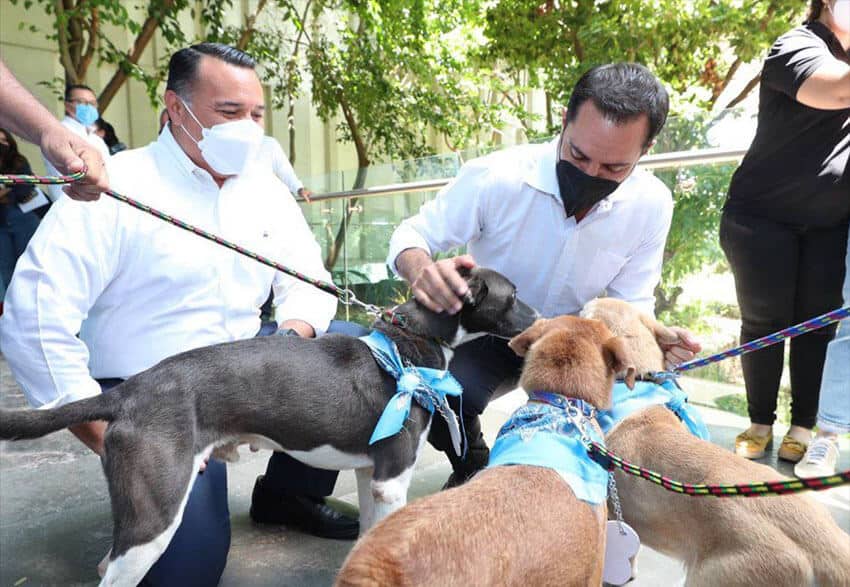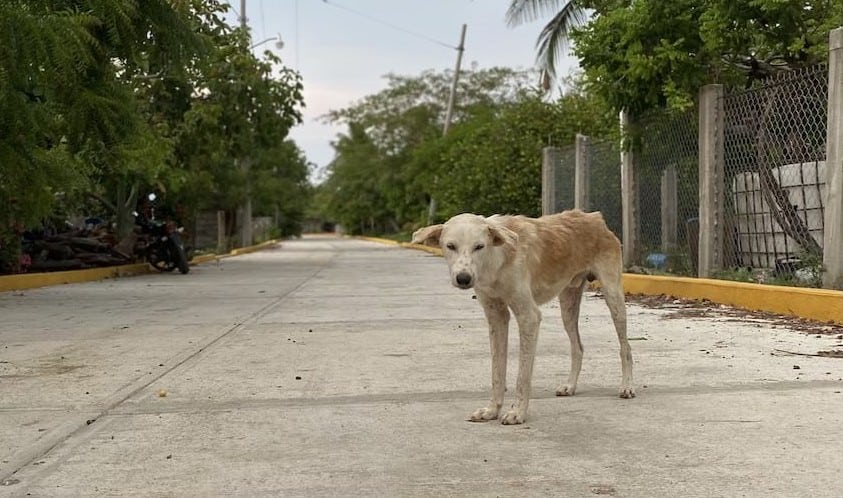A law to establish public veterinary clinics across Mexico has gone into effect, following its publication in the government’s official gazette last week.
State and local entities have 180 days to comply with the decree, which states that pets be provided with free preventive medical care (such as sterilization) and emergency medical treatment as needed.

The law was approved by the Chamber of Deputies and the Senate in late 2023 before being signed into law by President Andrés Manuel López Obrador.
A section of ecological and environmental laws was modified to promote the well-being of pets — with the building of public veterinary clinics as one of its main tenets (subject to whether or not federal, state and local entities have sufficient funding resources).
States, municipalities and mayors must guarantee free sterilization of pets, along with consultations, deworming, vaccinations and surgeries. The dignified treatment of animals is also part of the law, which states that the clinics must provide medical care and appropriate treatments in case of illness.
In Mexico, 70% percent of households have some type of pet, according to a 2021 survey by the national statistics agency, INEGI.

In total, there are 23 million dogs and cats in Mexico, according to INEGI. However, only 5.4 million of them have homes, INEGI noted, leaving 70% of dogs and cats in Mexico living on the streets.
Emmanuel Pedraza, director of the civil association Defensoría Animal, said that about 500,000 dogs and cats are abandoned in Mexico each year. Many of them are acquired as gifts for Christmas, or other celebrations, he said.
Public veterinary clinics are already operating in some parts of Mexico, such as a veterinary hospital in Mérida, Yucatán, the first of its kind in southeastern Mexico. Free vet clinics began operating in Mexico City in 2023.
Though these clinics do offer some free services, it’s important to note that if your pet requires any special treatment, there will be a cost. Procedures such as deworming and sterilization are considered basic-care services, so they are free.
With reports from Proceso, El Heraldo and El Financiero
